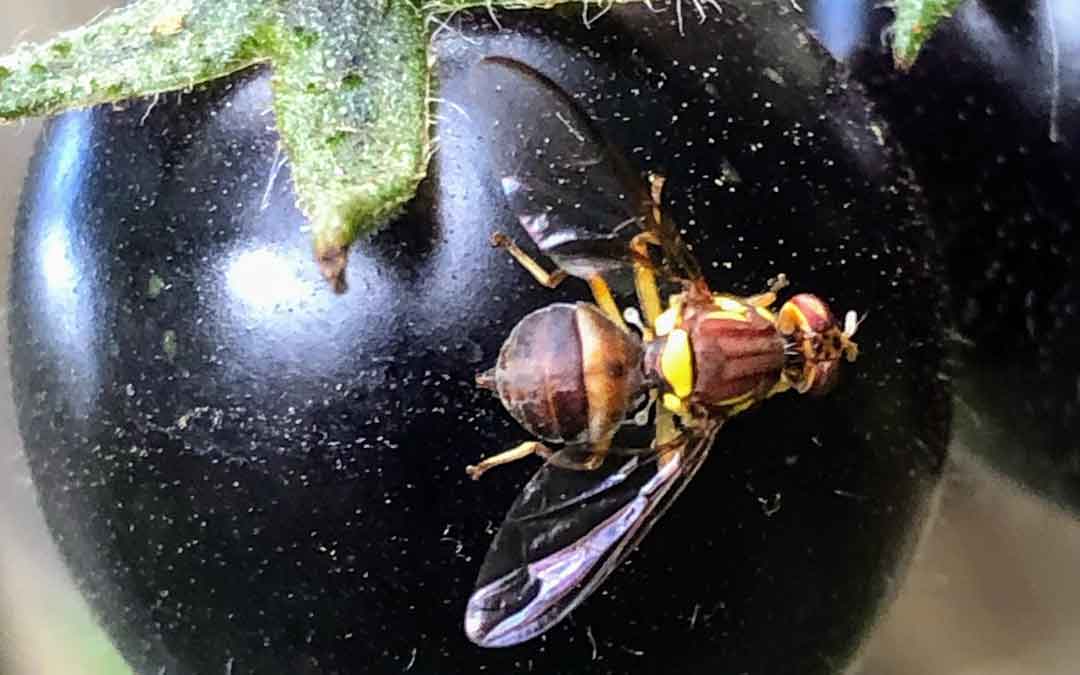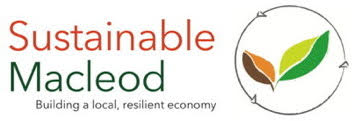Take action now to prevent QFF in your garden next season

If you were hit by an outbreak of Queensland Fruit Fly (QFF) this season, now is not the time to give up. In fact, now is the time to get busy and reduce your risk of an outbreak next season.
The key task is to prevent QFF larvae from pupating in the soil. If no QFF are emerging from your soil next spring, you will be well ahead when it comes to a QFF-free orchard and vegie garden. And really, you don’t want to be spending money on lures for QFF that you have bred yourself!
Pick up fallen fruit daily and strip infested fruit from any fruit trees, tomato, chilli and capsicum plants. Larvae will emerge quickly from fruit laying on the ground (and can even drop from trees), burrow into the soil, and begin the long pupation process to emerge next season.
You need to kill the larvae in the infested fruit using one of these methods:
- double bag in black plastic and put in a sunny place for 14 days to solarise the fruit and kill the larvae
- freeze for 48 hours
- microwave for 10 minutes
- bake in a hot oven for 10 minutes.
Place the treated fruit and vegetables in the landfill bin – not the green waste bin.
Do not compost fallen or infected fruit. Compost is QFF heaven! They breed in the warmth of the heap and as you spread your compost, you also spread QFF. Ensure any uninfested fruit or vegetable matter is buried in your heap and not exposed to QFF. Also, avoid pulling out plants such as tomato vines with fruit attached and leaving these on the ground. Bin them straight away.
Female QFF die off in autumn, so if no females are pupating in the soil, you only need to deal with the males. Most males will die before winter, but some young males will survive, over-wintering in groups (leks) of about 10, in the canopy of trees – in particular lemon trees.
In about mid-autumn, place lures with Wild May* in them in the canopy of lemon trees if you have them or other trees if you don’t, at the height of 1.5 – 2 metres to deal with the males. Check the lures weekly as the liquid does evaporate. Wild May is a pheromone that smells like the female and attracts the males. It is organic.
If you have chooks (or can borrow some short-term) you are in luck. Chooks scavenge for larvae and will clean the soil. They are truly the gardener’s best friend in dealing with QFF.
It can be very discouraging to endure a QFF outbreak, and I have heard many a person say that they are ‘giving up for this season’, but that will prolong the agony into the following season. Good garden hygiene, proper disposal of infected fruit and using lures proactively during autumn and winter will position you well for a great harvest next summer.
* Wild May is hard to find but can be purchased from Sustainable Macleod at cost price.
Written by Robin Gale-Baker
